While I was doing my high school diploma, like so many others I thought about what I wanted to do once I’d finished. As I’m good with numbers and find both engineering and business administration very interesting, I decided that a combination of the two would be perfect for me. I therefore opted to study industrial engineering. Through my research I then found out that dual work-study degree courses are also offered in this field. This was of even greater interest to me. As I come from Dortmund, I looked for job vacancies for a dual work-study program close to home and thus applied to KHS.
The degree course and apprenticeship start at the same time. I’m training to be an industrial clerk, with the course shortened to one-and-a-half years. My degree course will continue once I’ve finished my apprenticeship. I always have lectures twice a week in the evenings and once at the weekends. After one-and-a-half years you end your apprenticeship and are permanently posted to a specific department – in my case, Technical Support – and carry on studying until you’ve finished your degree. The degree course usually lasts eight semesters. This means that for half of the time you’re on a joint course; once you’ve finished your apprenticeship, you still have the second half of your degree to complete.
I find a dual work-study program well manageable. As a number of areas of my degree course and work dovetail, you work very closely with both the theory and the practical side of the job. I’ve therefore never found it difficult to keep up. Taking exams while you’re working is extremely intensive but I think that this is the norm when you’re a student or apprentice. KHS also helps dual work-study students prepare for their exams. There’s an exam prep course to ready you for the final apprenticeship exam, for instance, where all subjects are covered and you have the chance to clarify any open points.
It’s just the same for me as for every other student. You always have three opportunities to sit an exam and I can also use these if I need to. If you have too many failed attempts, however, you should look for the cause of the problem together with the company and introduce suitable countermeasures.
As a dual work-study student you’re integrated into the company processes really quickly. You also learn a great deal about day-to-day operations at the company during your apprenticeship, as you switch to a different department every one to two months. This means that you don’t just become familiar with the various fields of activity but also get to know your colleagues, helping you to build up a really good internal network. You also receive fantastic supervision from the individual specialist departments. If there’s project work to be done, they’ve always been very open towards this and help you with your preparations. What’s more, there are regular quarterly meetings with other dual work-study students. Here you can swap your experiences, give each other advice and talk about your worries and fears if you need to. I’ve always enjoyed taking part in these meetings and found them very helpful and interesting. They’ve also enabled us dual work-study students to build up a network amongst ourselves.
During my apprenticeship I actually felt well looked after in every department! What really helps is the talk you have with your respective supervisor at the end of your training. Here, you look to see which position in the various departments can be occupied for the rest of your dual work-study program. Personal interests, experience gained during your apprenticeship and study and job availability all play a role here. The vacancies therefore aren’t merely filled as required; you reach a decision together. This is how I came to be in my target department Technical Support. Should you later realize that the department isn't quite right for you, a solution can then be found together.
My degree course is often generally more geared towards production planning. I can’t really see myself working in this area as it’s not really my thing. I have a very good head for numbers which is why I’m definitely better at putting spare part packages together and evaluating information as part of technical support. Plus I really like this field of work. I also think that the more experience you have, the better you can gauge what you’d like to do in the future.
“There’s no such thing as a typical working day in my line of work as the projects are very different.”
There’s no such thing as a typical working day in my line of work as the projects are very different and often depend on the customer. I’m responsible for spare and wear part packages in Service. When a customer orders a new machine, for example, they also often want to purchase a spare and wear part package as stock. This means that they have the most important parts available on site that can be replaced when necessary. I help to put these packages together. As this is very individual, each day is different.
I like to ride my motorbike in my free time. This is a great way to relax from work. Besides the many shorter trips I’ve done, I’ve also undertaken a few longer journeys. To France and England, for instance. This was also my longest tour to date.
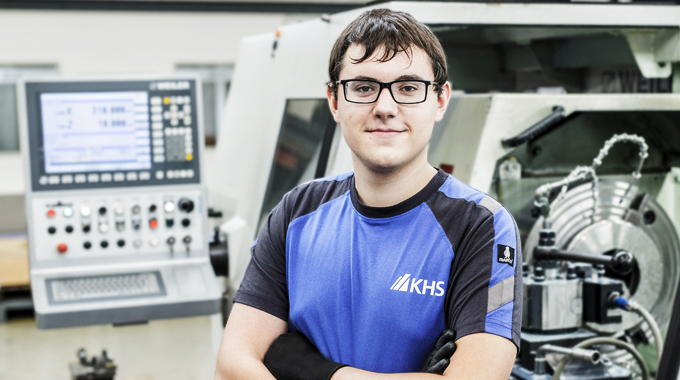
“This exciting branch of industry and the good chance of being hired by KHS had me convinced.”
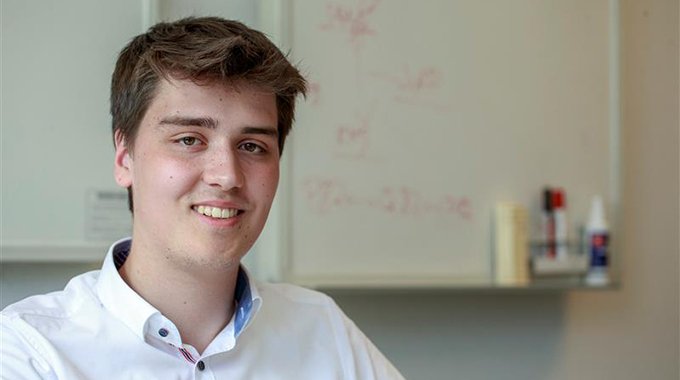
“What I especially liked about KHS was the fact that it’s such a large company with a top position in its branch of industry.”
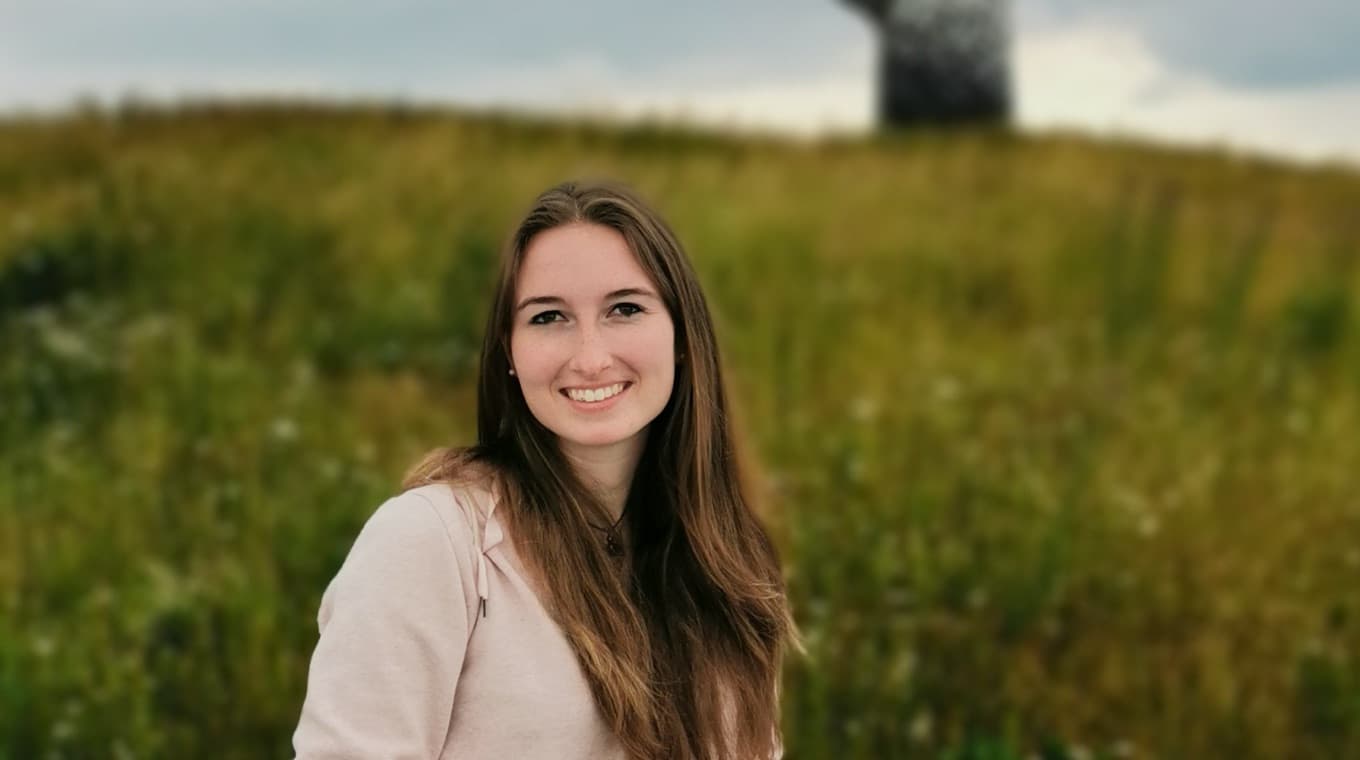
“The insights you have into all departments allow you to build up your knowledge very quickly.”
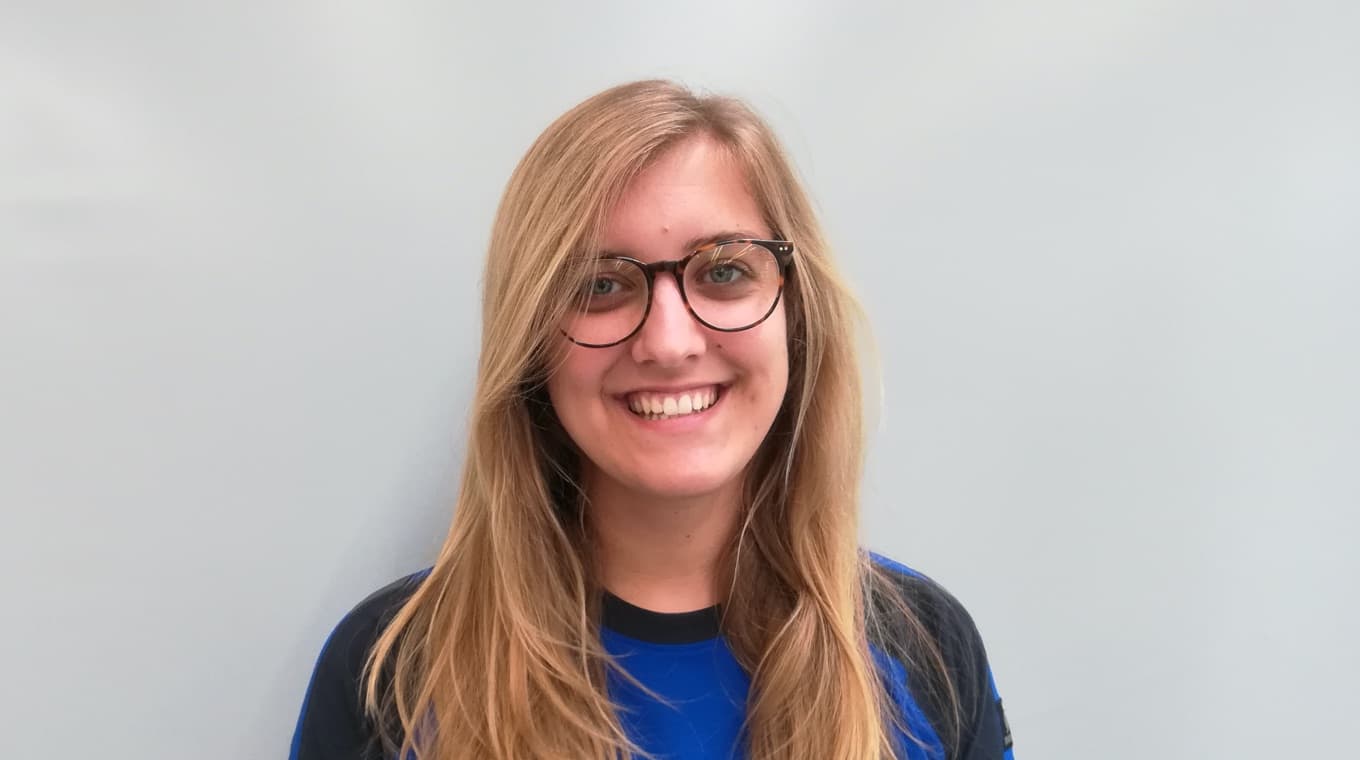
“The dual work-study program is all about gaining work experience early on in your career and having quick practical reference to the theory. This was important to me.”
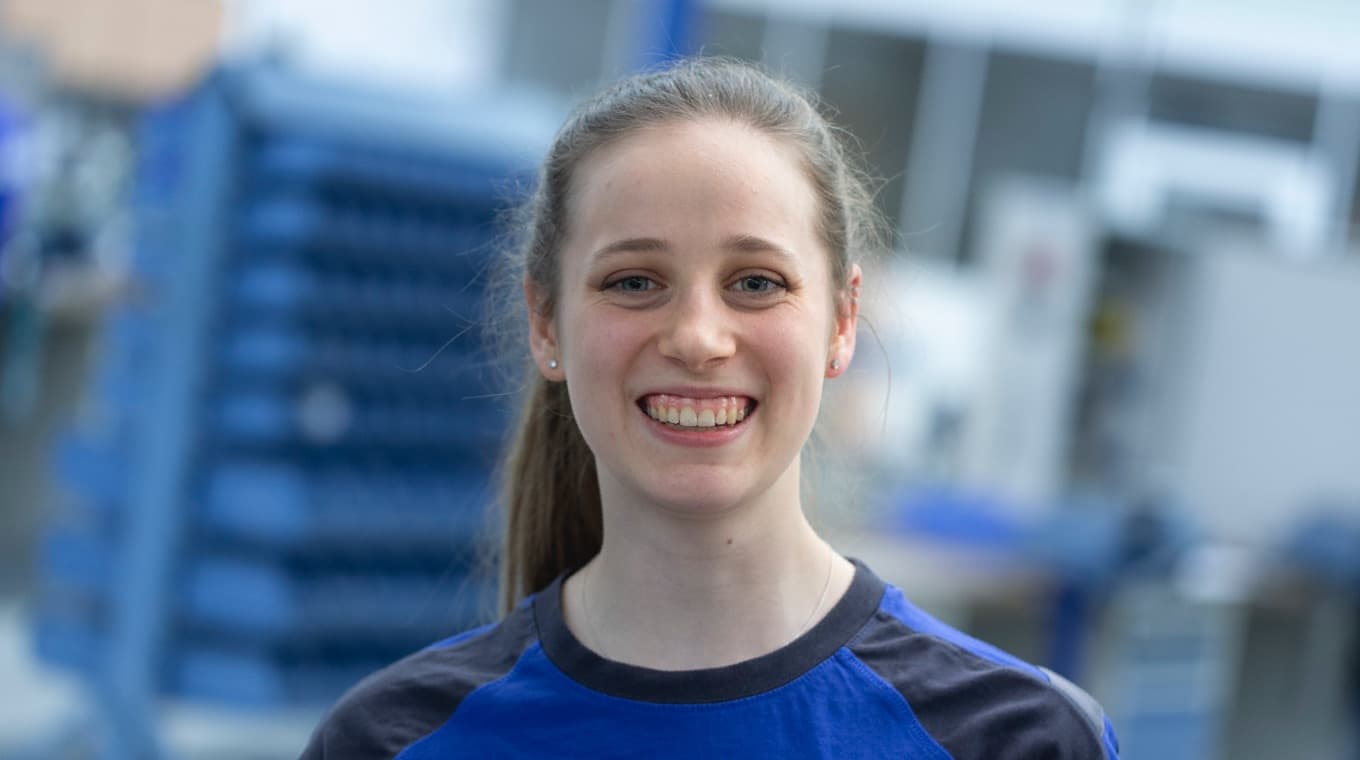
“As a mechatronics engineer you have good future prospects and in time can specialize in a certain field.”
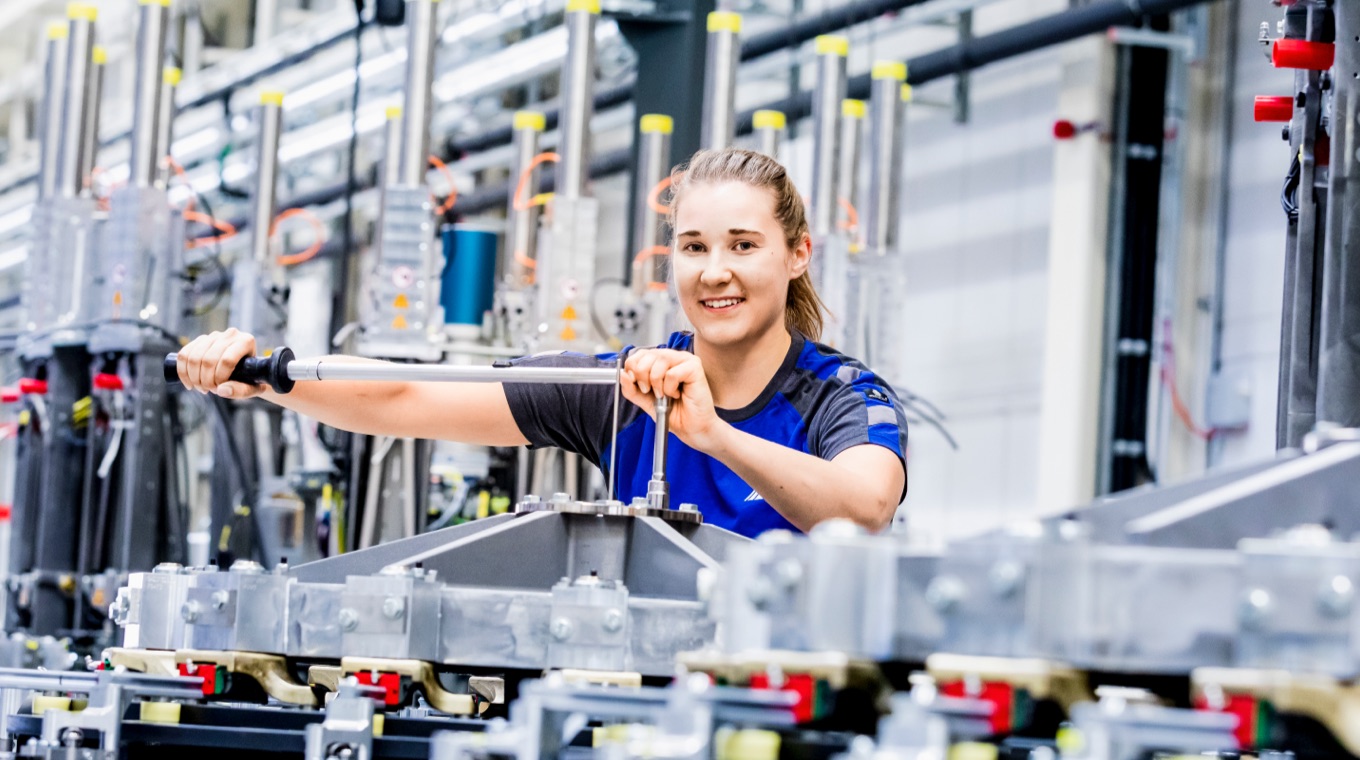
“What I particularly liked about my training course was that you’re free to develop your skills at KHS.”
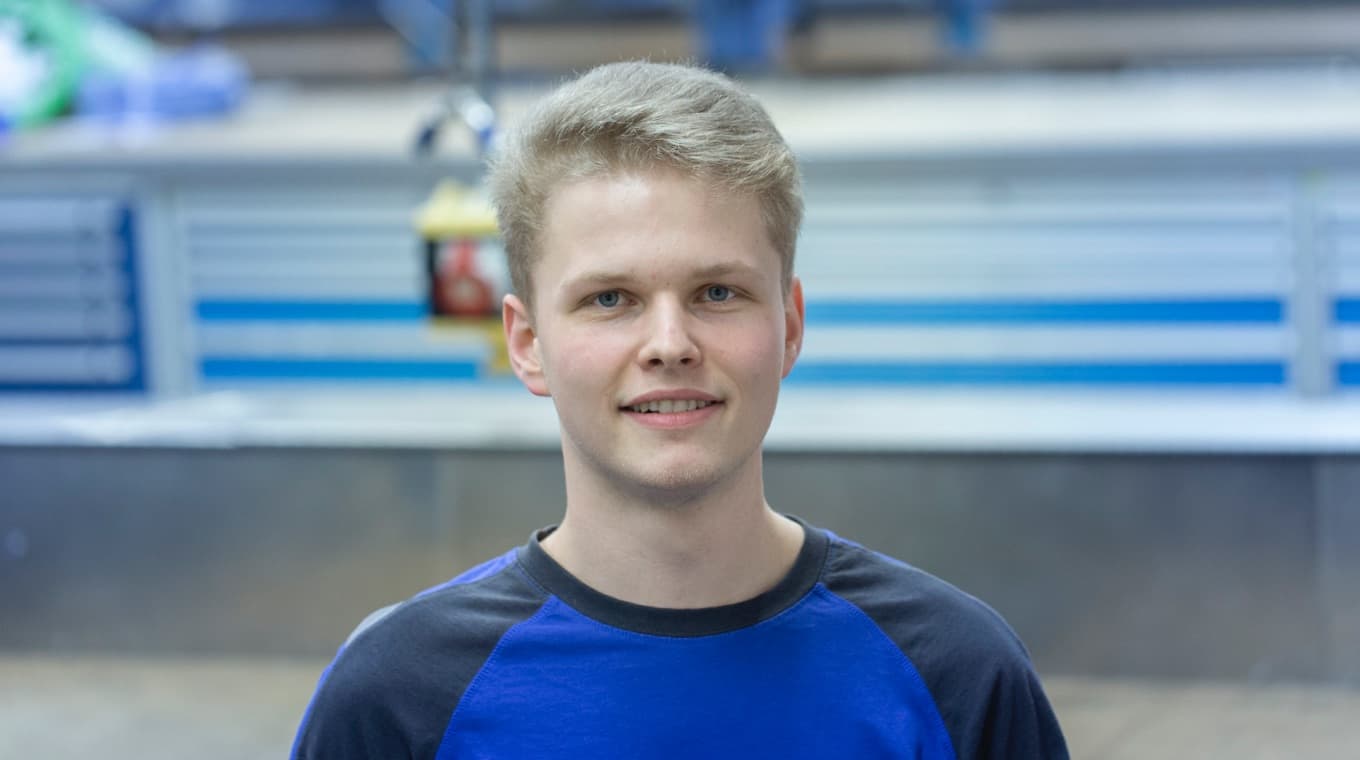
“Even as a little boy I always tried to repair everything myself – and was usually successful.”